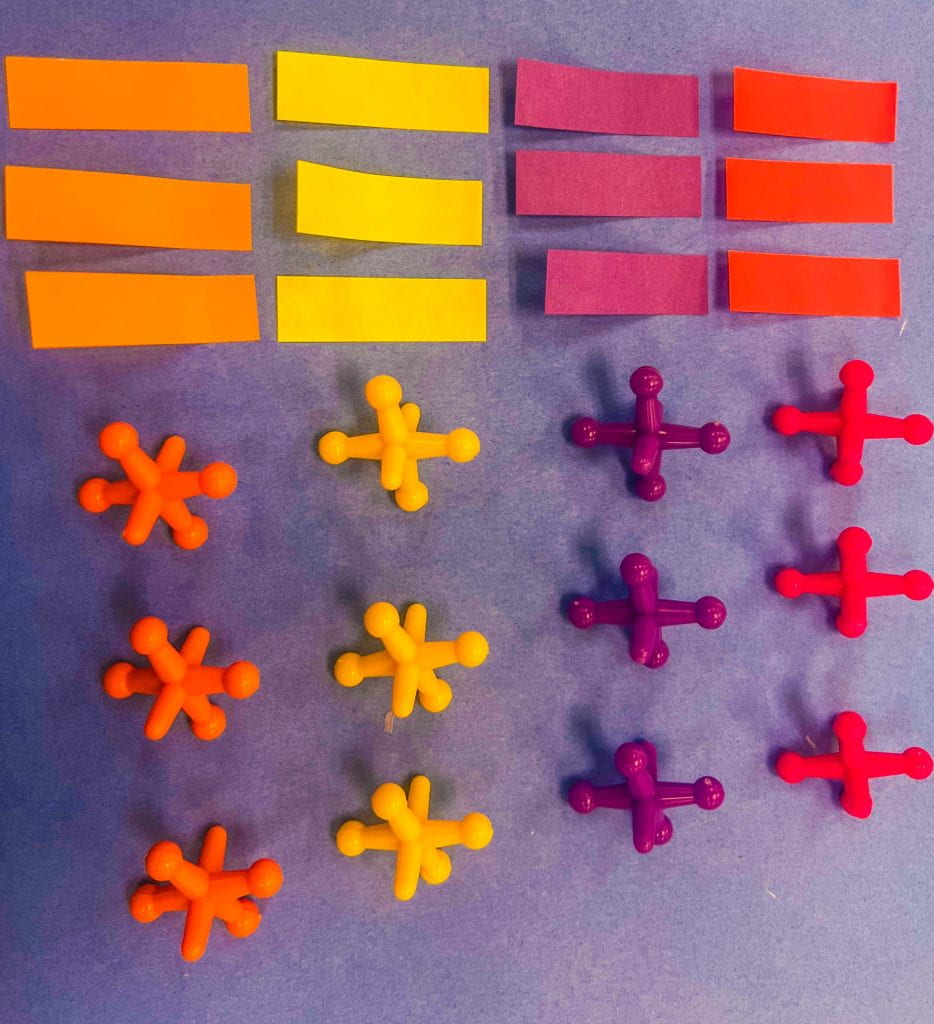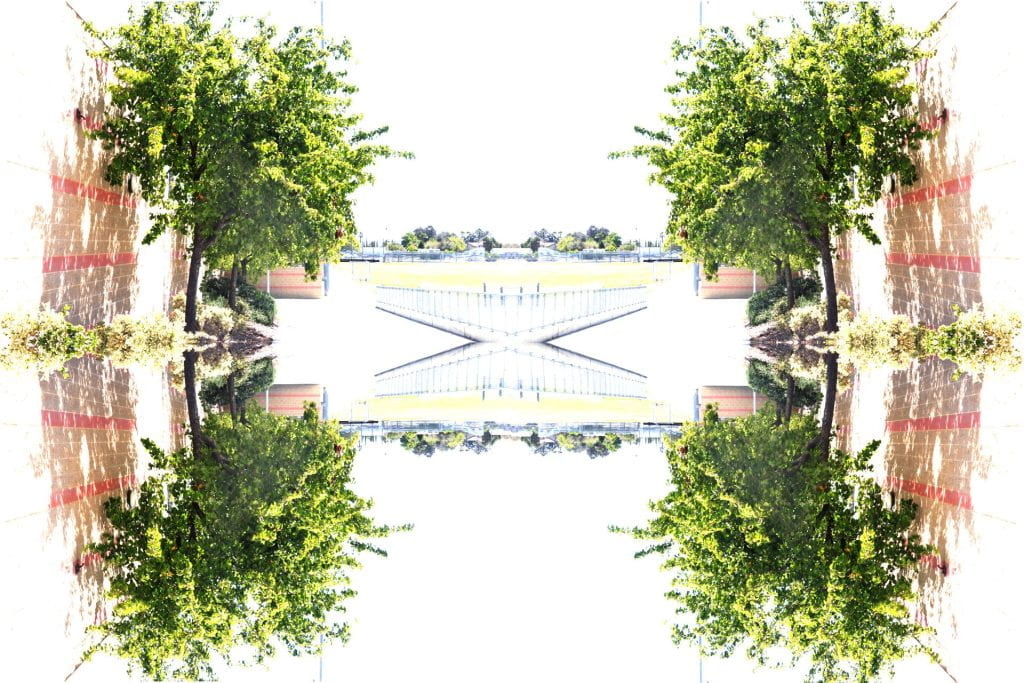

I like this one by Emilly Blincoe because she shows different color of tomatoes and different shape and sizes also how some are shaped weird, I find that really interesting.


I like this one by Emilly Blincoe because she shows different color of tomatoes and different shape and sizes also how some are shaped weird, I find that really interesting.

I want the view to feel confused on how the image is tilted.
Dear next year’s students,
This is a really fun elective it’s my first year having this elective it’s a really fun elective. Ms. Cauchon isa really funny and nice she always helps me when I ask for help on an assignment. In this class you’ll learn how to use some photoshop apps like adobe photoshop and lightroom. You’ll also learn how to use a camera also learn different ways how to shoot pictures. I learned many things in this class I had lots of fun and made new friends also stepped out of my comfort zone.
By Lealany R


I would get the Canon PowerShot ELPH 360 HS Digital Camera. The brand is Canon the price is 329.99 It has good mega pixels and it’s a small size. Since it’s a small size I would be able t carry it around anywhere. It has great image quality and user-friendly feature. It also has a powerful Zzoom in lens, build in Wi-Fi, and a NCF for easy sharing.


This article is about how there is various ways that photographers can use AI in photography. It talks about how AI is used in like photoshoot, digital cameras, facial recognition, red-eyes-fix, and subject selection.